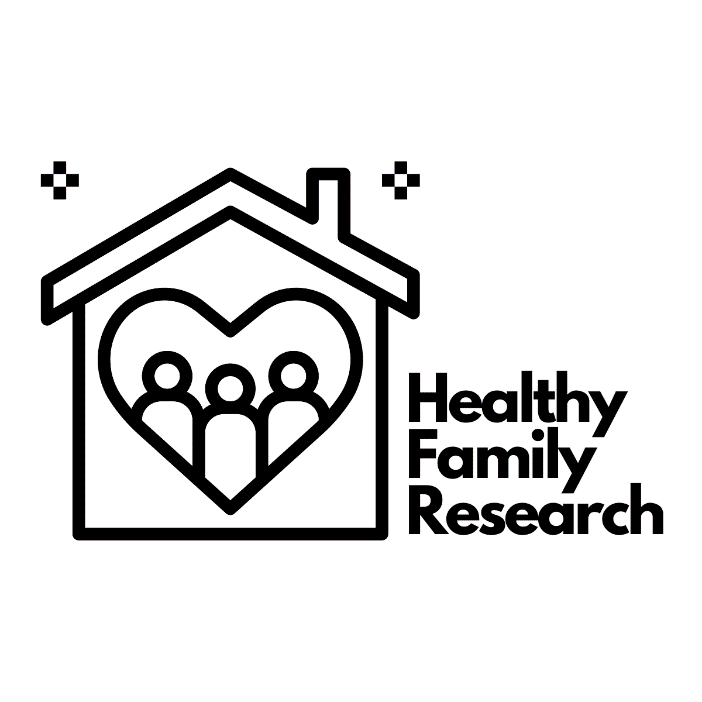Influences on Parenting

We identify key psychosocial influences that influence parenting and parent-youth relationships. These influences include aspects such as parent feelings of competence and efficacy, mindful parenting, social support, child and parent stress, and child behaviors. We are currently examining how family cultural values and parent technology use influence parenting behavior.
An important part of developing family-based prevention programs is identifying parent and child characteristics that may influence their parenting behaviors. Such studies can highlight supports parents may need to engage in effective parenting, which can enhance the efficacy of family-based interventions.
Research Studies
Current Studies

Parenting and Technology
In collaboration with Terese Glatz at the University of Orebro, we are testing how use of the internet and information overload are related to parents’ perceptions of parenting efficacy and competence. We also recently published a conceptual paper on mindful parenting and technology use to inform future research projects in this area.

Child Stress and Parent Well-Being
Prior studies have found evidence that parents’ stress can affect children’s well-being. Yet little is known about how child stressors are linked to parent well-being. We are examining the associations between child daily stressors and parent daily health (i.e., parent affect, cortisol, and physical health symptoms). This study will help us understand whether and how child stress can crossover to affect the daily well-being of their parents and highlights the need for more research and intervention development in this area.

The Emerging Adult Study
Young Adult Stress and Support
We are currently analyzing data from two recent studies on parenting during the transition to adulthood and emerging adult mental health and risky behavior. We have identified specific parenting strategies that are associated with reduced risk for emerging adult depressive and anxiety symptoms. We are currently examining how family cultural values and demographics, such as race, predict parenting strategies and their interaction with young adult stress. These studies were a collaboration between UNC-Chapel Hill, (PI: Lippold), UNC-Greensboro (Jensen), and community partners at a local community college (Guilford Tech).
Select Prior Studies

Mindful Parenting and Parent-Child Communication
This study examined how mindful parenting is related to parent-adolescent communication. We found that mindful parents (i.e., who show awareness of self and child, compassion, non-reactivity, and nonjudgmental acceptance) are more likely to use effective communication strategies. Mindful parenting may exert its effects because it helps to reduce negative reactions to youth information and promotes a closer relationship. We have also found that mindful parenting is bidirectionally related to parent feelings of efficacy and competence: parents who feel competent are more likely to parent mindfully and parenting mindfully can also lead to increased feelings of competence.

The daily covariation of cortisol between parents and adolescents
This study used daily diary data to investigate if and how parents and children affect the functioning of each other’s stress response system (i.e., hypothalamic-pituitary-adrenocortical (HPA) system), as assessed by the hormone cortisol. We found that child cortisol predicted parent cortisol but not vice versa, suggesting that parent-child covariation in cortisol is primarily child-driven. For mothers, cognitive interference mediated these associations, such that elevated child cortisol predicted more parent cognitive interference (i.e., rumination and worry) and subsequently higher mother cortisol levels at bedtime.
Select Publications
- Glatz, T., Lippold, M.A., *Chung, G., & Jensen, T. (in press). A systematic review of parental self-efficacy among parents of school-age children: A fifteen-year update. Adolescent Research Review.
- Glatz & Lippold, M.A. (in press). Is more information always better? Association among parents’ online information searching, information overload, and self-efficacy. International Journal of Behavioral Development.
- Lippold, M.A., McDaniel, B. & Jensen, T. (2022). Mindful parenting and technology: Examining the intersections. Invitation for special issue on parenting in the 21st century. Social Sciences, 11, 2 (43).
- Lippold, M. A., Jensen, T., Duncan, L.D., Nix, R.L., Coatsworth, J.D. & Greenberg, M.G. (2021). Mindful parenting, parenting cognitions, and parent-child communication: Bidirectional and mediational linkages. Mindfulness, 12, 381-391.
- Lippold, M. A., Fosco, G., Hussong, A., & Ram, N. (2019). Child effects on lability in parents’ warmth and hostility: The moderating role of parents’ internalizing problems. Journal of Youth and Adolescence, 48, 963-978.
- Lippold, M. A., Glatz, T., Fosco, G., & Feinberg, M. E. (2018). Parental perceived control and social support: Linkages to change in parenting practices during early adolescence. Family Process, 57, 432-447.
- Lippold, M. A., Duncan, L. G., Coatsworth, J. D. Nix, R. L., & Greenberg, M. G. (2015). Understanding how mindful parenting may promote mother-youth communication. The Journal of Youth and Adolescence, 44, 1663-1673.
*indicates student or postdoctoral fellow co-author
For more publications see Dr. Lippold’s profile on:
Google Scholar
Research Gate
PubMed
Contact us
Melissa Lippold, Ph.D.
Healthy Family Research
School of Social Work
University of North Carolina at Chapel Hill
CB #3550
Chapel Hill, North Carolina 27599
© Copyright 2022 Melissa Lippold


